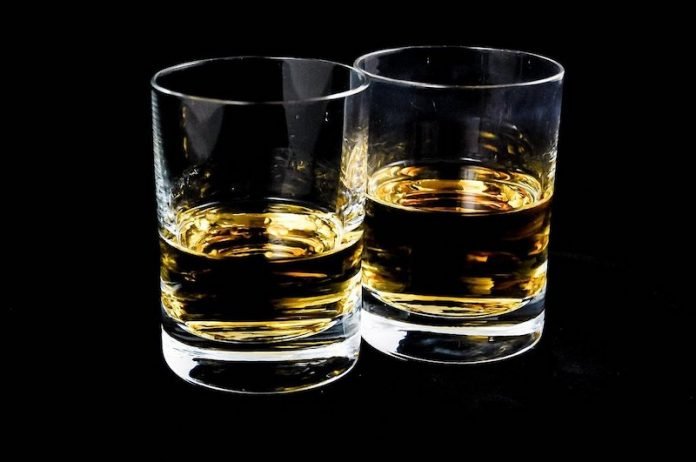
Think twice before drinking that holiday nightcap. Sure, that late-night cocktail or final glass of wine or beer before bed may help you feel sleepy, but it won’t guarantee a good night’s rest.
In a new survey, researchers found a vast 68% of Americans have lost sleep due to drinking alcohol past bedtime, including one in five U.S. adults who have often lost sleep due to alcohol consumption.
With the holidays approaching, it’s important to know why alcohol and sleep don’t mix.
The research was conducted by a team from the American Academy of Sleep Medicine (AASM).
The team found men (75%) are more likely to lose sleep due to drinking alcohol than women (60%), and adults in the 35-44 age range (78%) also are more likely to stay up too late imbibing.
Studies show that a moderate amount of alcohol consumed an hour before bedtime reduces melatonin production, which can disrupt the circadian rhythms or the internal clock that helps to regulate your 24-hour sleep-wake cycle.
Other ways alcohol can negatively impact the quality of sleep include:
Trigger new sleep disorders or exacerbate existing ones, including insomnia and obstructive sleep apnea (OSA)
Lead to excessive relaxation of the muscles in the head, neck and throat, which may interfere with normal breathing during sleep
Cause more frequent need to get up and go to the bathroom, especially during the second half of the night
Increase your risk for parasomnias including sleepwalking and sleep eating
Sleep disruption from alcohol also can contribute to next-day fatigue, irritability and difficulty concentrating.
To avoid frequently interrupted sleep and an exhausted, dehydrated morning, follow these tips:
Allow three to four hours between drinking and bedtime. If you have a nightcap right before bed, you may not sleep very deeply because as alcohol starts to metabolize, the sedative effect wears off.
Stay hydrated and drink water. Try and drink two glasses of water for every alcoholic drink. This will help your system flush out the alcohol.
Avoid bubbly drinks. Bubbles can cause bloating and gas, so consider avoiding fizzy and carbonated drinks.
Eat a light snack before bed. Food delays how quickly you absorb alcohol, which can help lower your blood alcohol content (BAC).
One researcher of the study is AASM President Dr. Kannan Ramar.
To access the 2020 Sleep Prioritization Survey on alcohol and sleep, click here.
Copyright © 2020 Knowridge Science Report. All rights reserved.



